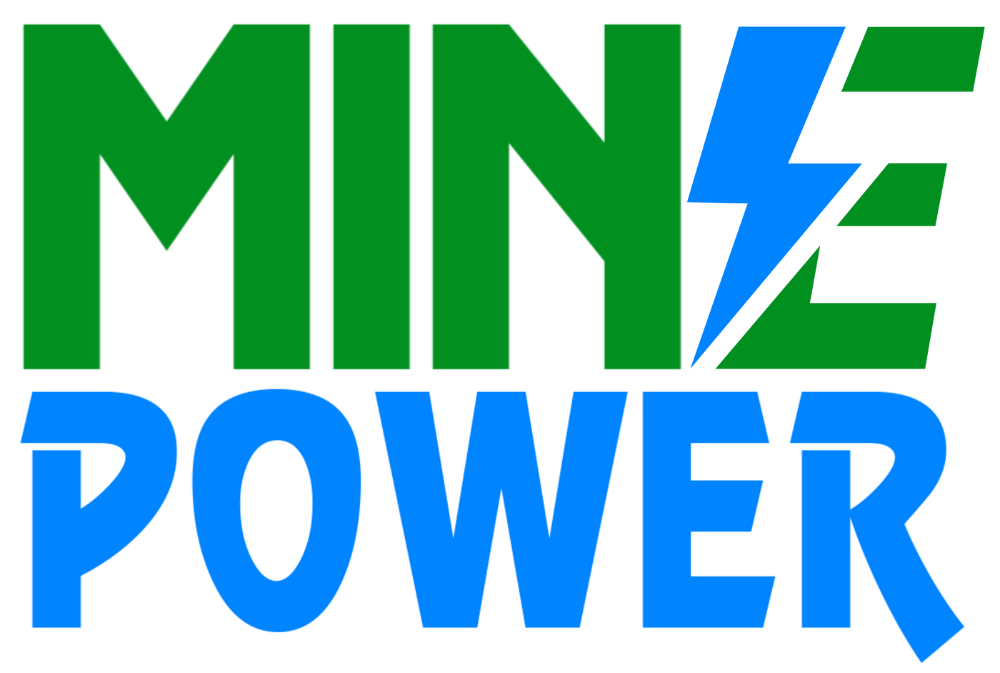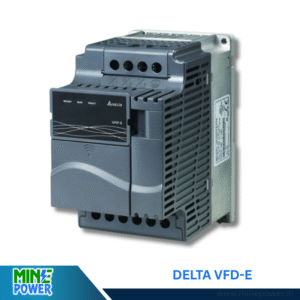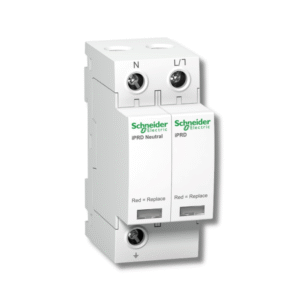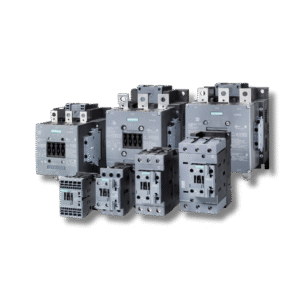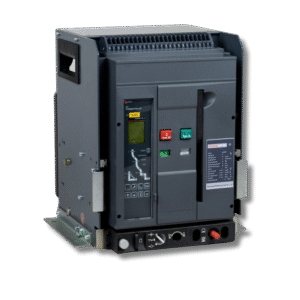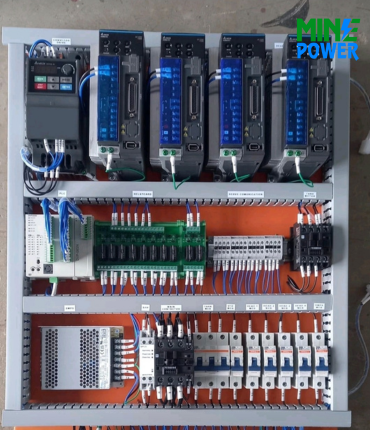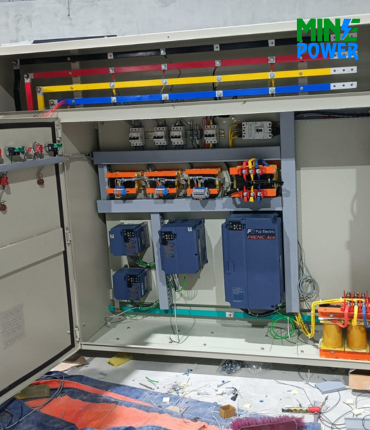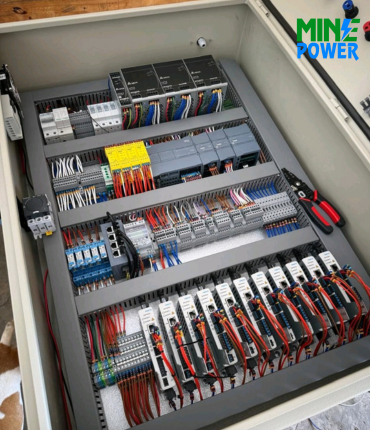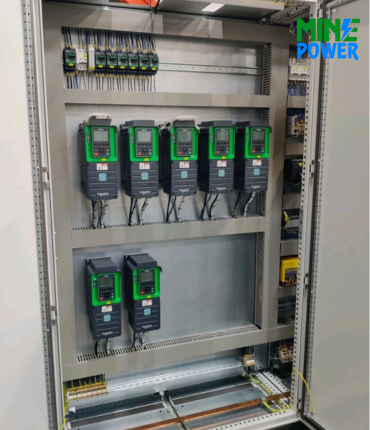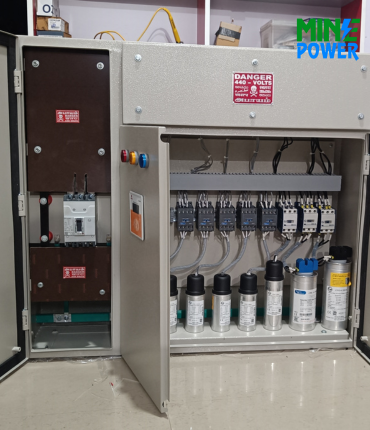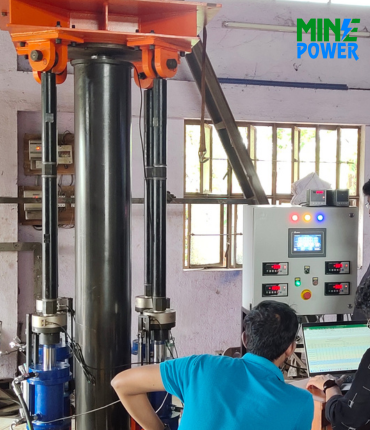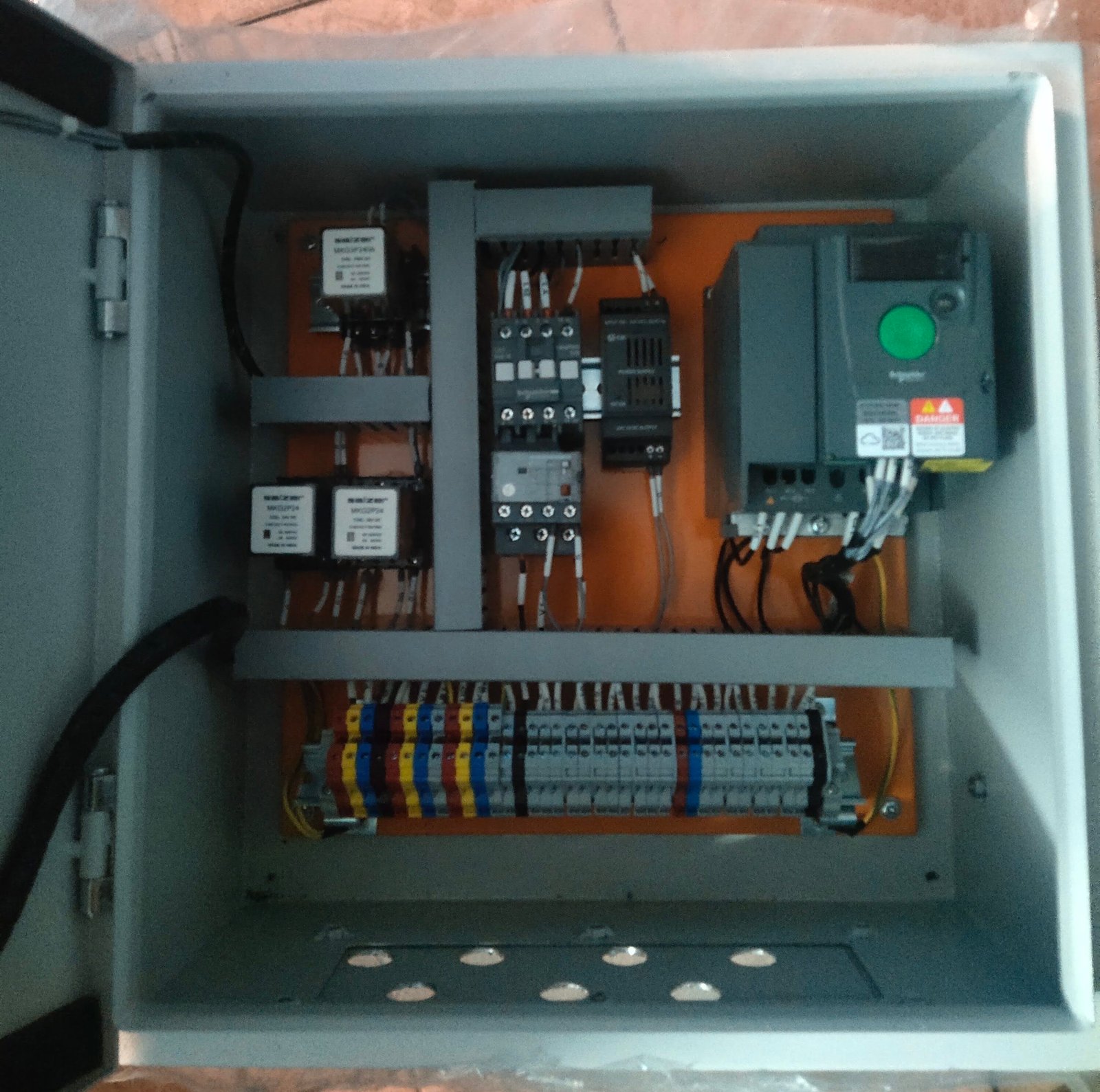Schneider Contactors are robust and efficient switching devices designed for reliable motor control and power management. With compact design, long service life, and seamless integration with Schneider protection systems, they deliver safe and efficient performance across industrial, commercial, and automation applications.
Description
Schneider Contactors are high-quality switching devices designed to control motors, power circuits, and industrial loads with reliability and efficiency. Part of the renowned Schneider Electric motor control portfolio, these contactors combine advanced engineering with robust performance, making them suitable for demanding industrial, commercial, and infrastructure applications. With compact designs, modular accessories, and long service life, Schneider Contactors deliver safe and efficient power management.
Specifications
-
Brand: Schneider Electric
-
Product Type: Electromechanical Contactor
-
Rated Operational Voltage (Ue): Up to 690V AC
-
Rated Current (In): 9A to 1500A (model dependent)
-
Control Voltage: AC/DC (12V to 690V options)
-
Poles: 3P / 4P
-
Auxiliary Contacts: Configurable (NO/NC)
-
Frequency: 50/60 Hz
-
Standards Compliance: IEC 60947-4-1, UL, CSA
-
Mounting: DIN rail or panel mounting
Features
-
Compact and modular design
-
High electrical and mechanical endurance
-
Wide control voltage range for flexibility
-
Easy integration with Schneider overload relays and protection devices
-
Energy-efficient coil system
-
Reliable arc suppression for safety
-
Global certifications for use worldwide
Applications
-
Motor starting and control
-
HVAC systems (pumps, fans, compressors)
-
Power distribution panels
-
Industrial automation systems
-
Conveyors, cranes, and lifts
-
Lighting and heating control
Advantages
-
Proven reliability and long service life
-
Seamless integration with Schneider protection systems (MPCBs, overload relays)
-
Energy-efficient and space-saving design
-
Wide availability and strong after-sales support
-
Global compliance with IEC and UL standards
Disadvantages
-
Higher cost compared to local alternatives
-
Requires proper selection for specific applications
-
May need additional accessories for advanced control functions

